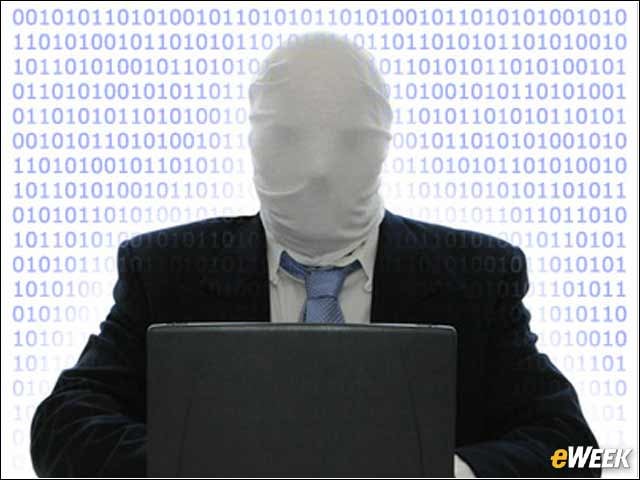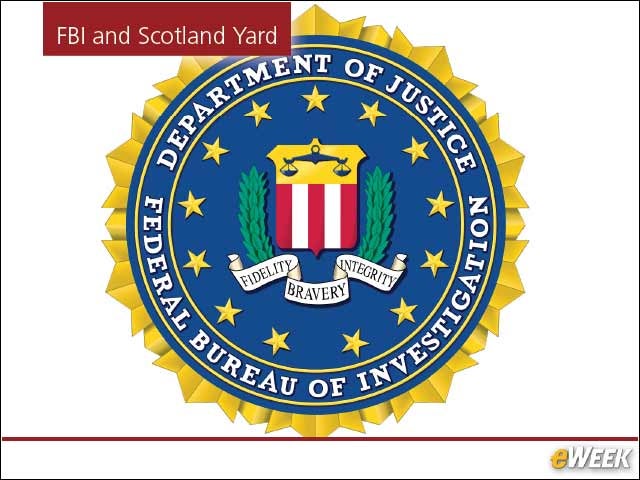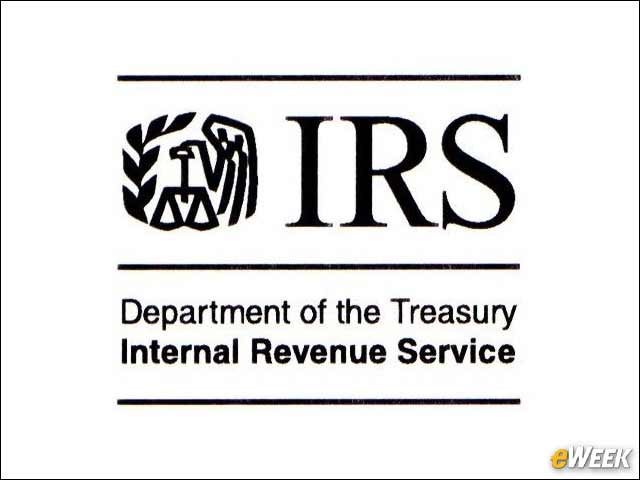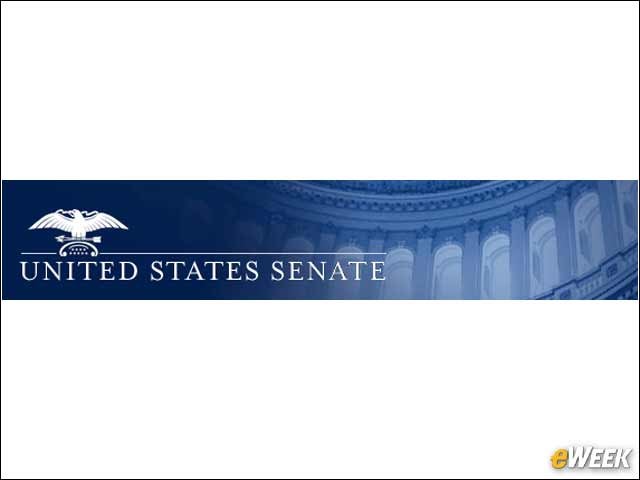eWEEK content and product recommendations are editorially independent. We may make money when you click on links to our partners. Learn More.
2An ‘Untraceable’ Currency?
Bitcoin is billed by some as an “untraceable” currency. While that might not be entirely true, determining real-life identities with Bitcoin is nearly impossible. After a Bitcoin is obtained, transfers are made between Bitcoin addresses featuring cryptographic public keys. From there, a payment message is broadcast, and a decentralized network of computers around the world allows it to go through. That’s a simple description, for sure, but it briefly describes just how difficult it is to trace any Bitcoin transaction.
3It Addresses Issues With Other Digital Currency
Bitcoin supporters laud the currency’s ability to address issues that arose with other digital currencies. Since digital currencies are not tangible, Web users have found that it’s been possible in some cases to spend the same currency over and over again by copying it. Bitcoin, however, uses “mining” techniques to prevent copying, which supposedly makes it more trustworthy than other digital currencies.
4Its Exchange Rates Are Flying High
5It’s Been Criticized for Its Use in Underground Markets
Earlier this year, Bitcoin experienced some bad publicity when the FBI announced that it had taken down (at least temporarily) Silk Road, an underground marketplace used to purchase drugs and other illegal paraphernalia. According to the FBI, Bitcoin was one of the currencies of choice on Silk Road. After taking down Silk Road, the FBI took possession of 1.5 percent of all Bitcoins in circulation.
6And Yet, Legitimate Vendors Are Fine With It
7Law Enforcement Agencies Can’t Stand Bitcoin
Nearly universally, law enforcement agencies around the globe have taken issue with Bitcoin, saying that it makes their jobs much more difficult. As noted, Bitcoin usage has been tied to the purchase of drugs online, but it’s also found its way into other illegal transfers of cash, including online gambling. A black market has grown up around Bitcoin.
8Rules Are Coming–Swiftly
Although it took some time, governments around the world are no longer burying their heads in the sand when it comes to Bitcoin. China recently announced that it couldn’t be used at national banks, and the U.S. Internal Revenue Service has said that it plans to draft rules on the currency as it relates to income tax. Nearly every monetary governing body around the world is examining how it should handle Bitcoin’s growing market share.
9China Is on the Fence
China, like so many other countries around the world, is sitting on the fence when it comes to Bitcoin. As noted, the country won’t allow it to be exchanged in national banks. But the Chinese government freely allows its people to transfer and exchange Bitcoins between each other and others around the world, despite its obvious drawbacks in terms of law enforcement. It should be interesting to see how China handles Bitcoin going forward.
10Big Names Are Getting In on Speculation
Some major names in the technology world are investing heavily in Bitcoin. The Winklevoss twins, for instance, are believed to have millions of dollars invested in Bitcoin. Famed venture capitalist Peter Thiel has invested in Bitcoin, as has Virgin Group founder Richard Branson. At least some of the tech elite believe there’s money to be made in Bitcoin speculation.
11It Looks Like Even U.S. Lawmakers Are Coming Around
The latest developments involving Bitcoins have become daily news fare and have been fascinating to watch. Any given day, a government, lawmakers or pundits could voice support for the currency or denounce it. Perhaps that’s why it was so surprising last month when U.S. lawmakers, who not long ago were decrying Bitcoin, spoke conciliatory about the currency, saying that it’s fully legal and has its unique virtues.










